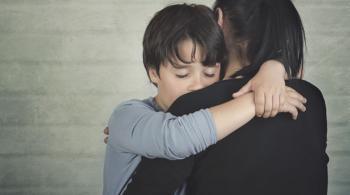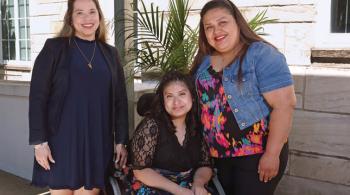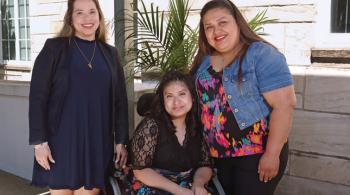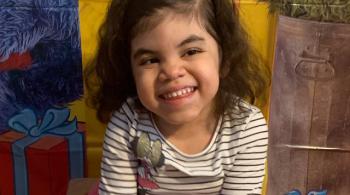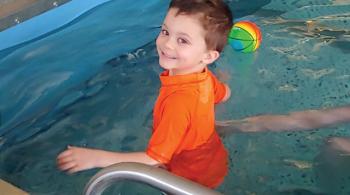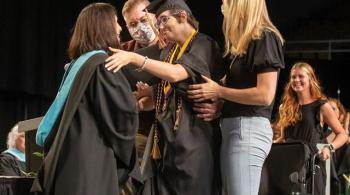By Laura Thornton
A new tablet-based app developed by Dr. Daniel Hoover, a clinical child and adolescent psychologist at Kennedy Krieger Institute’s Center for Child and Family Traumatic Stress, allows clinicians to better assess children with autism spectrum disorder (ASD) or intellectual disabilities for trauma.
“We’ve found that children on the autism spectrum often have difficulty talking about any traumatic experiences they might have had,” Dr. Hoover says. “Research shows they tend to minimize or deny their experiences and feelings. And when given a paper-and-pencil questionnaire, they often don’t understand the questions or don’t fill them out completely.”
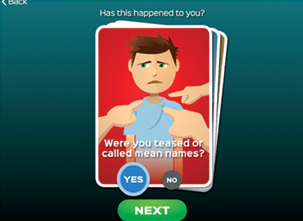
But this new app’s touch-screen interface, multi-modal presentation, and cartoon figures and graphics make it easier for children with limited communication abilities to report their experiences. The app asks questions about potentially traumatic events and symptoms, and offers clear response options like “always,” “sometimes” and “never.” Children may read the questions themselves, or choose to have the app read the questions aloud. With one question per screen and a “next” button being the only way to proceed, questions cannot be skipped.
“There’s an increasing role in using apps and touch-screen devices in teaching children with autism, and many children with autism use apps to learn and communicate,” Dr. Hoover explains. “This app is a natural extension of that.”
Children with ASD are more likely to be bullied than children without disabilities, and repeated bullying can produce trauma. Other potentially traumatic experiences include neglect and witnessing violence. Symptoms of trauma can include losing sleep or having flashbacks or anxiety about the experience.

This app allows children who have autism and have been traumatized to self-report on those experiences.”
– Dr. Daniel Hoover
Because children with ASD often have difficulty answering questions, many clinicians rely on parent or teacher reports to determine if a child is experiencing trauma. “But research shows that adult reports miss a lot of the experiences and symptoms,” Dr. Hoover says. “This app allows children who have autism and have been traumatized to self-report on those experiences.”
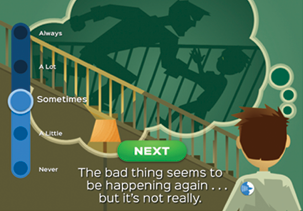
For the app’s pilot test, Dr. Hoover worked with former Kennedy Krieger postdoctoral fellow Dr. Elizabeth M. G. Romero, now a clinical psychologist in Massachusetts. Last January, they published a study in the Journal of Autism and Developmental Disorders demonstrating the app’s validity and reliability for children ages 6 to 14, the app’s target age range. Verizon Wireless provided funding for the app’s initial programming.
Called the Interactive Trauma Scale, the app is now being used at Kennedy Krieger’s Center for Child and Family Traumatic Stress. After further testing and fine-tuning, Dr. Hoover hopes to make it available to clinicians around the world.
“We hope the app will not only help children who’ve experienced trauma, but also help us better differentiate between ASD-related behaviors and trauma symptoms,” Dr. Hoover says. “With that information, we’ll be able to improve treatment and care.”






